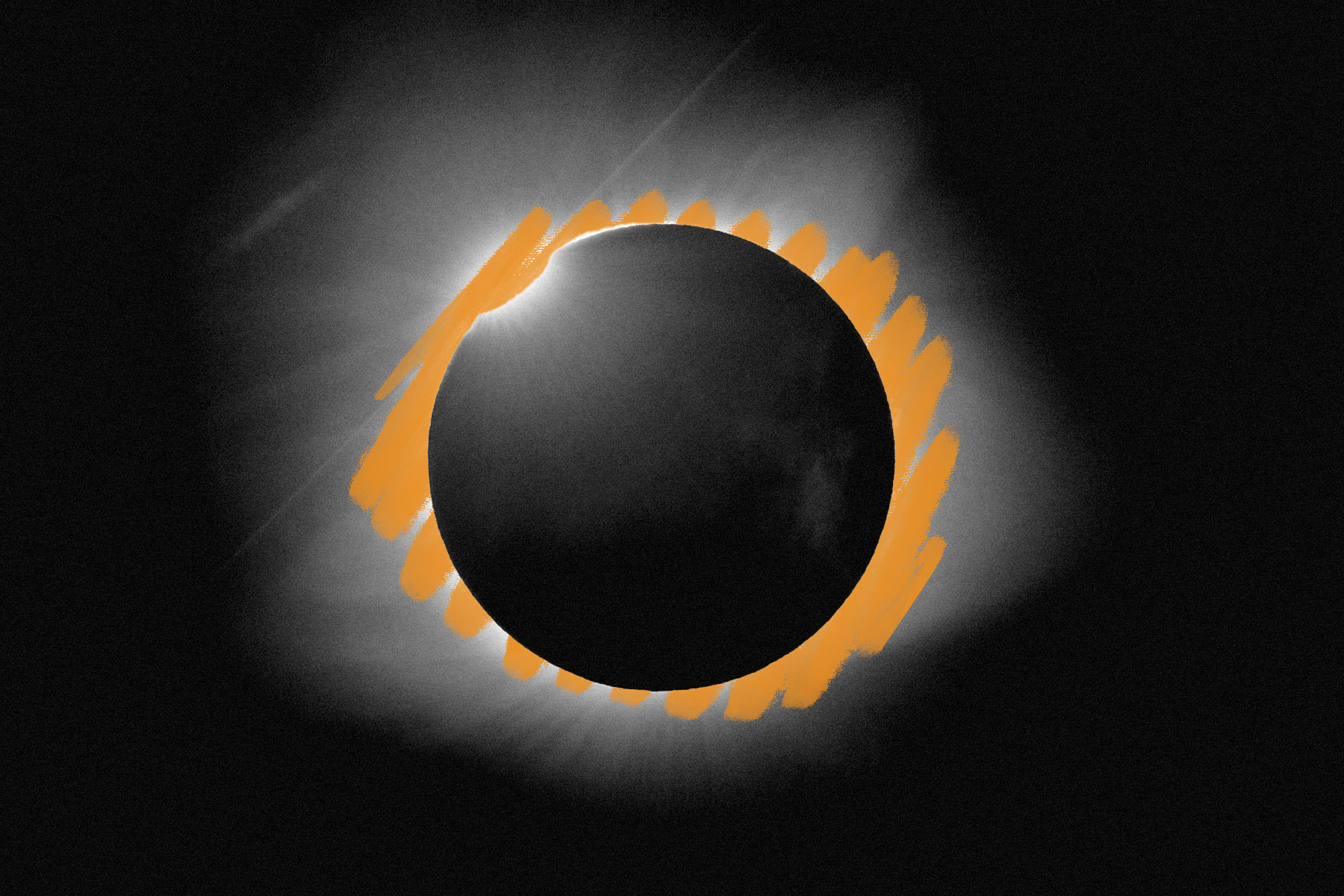A solar eclipse helped prove Einstein’s theory of general relativity.
Decades before Albert Einstein became a pop culture phenomenon by sticking out his tongue on his 72nd birthday, he was an emerging theoretical physicist on the brink of a major revelation: that massive objects cause space-time to curve, resulting in gravity. Einstein’s theory of general relativity, published in 1915, introduced the groundbreaking idea that gravity is not a force but a curved field created by the presence of mass. The problem was proving it. Einstein claimed the theory could be tested by measuring the position of stars near the sun, which would appear to shift slightly as gravity from the sun bent the path of light. This type of experiment was difficult to perform in the early 20th century, but a perfect opportunity soon presented itself: the total solar eclipse on May 29, 1919.
Britain’s Royal Astronomical Society sent two expeditions to test Einstein’s theory during the eclipse. A group led by British physicist Arthur Eddington was based on the island of Príncipe off the coast of West Africa, and a second team went to Sobral, Brazil. The total eclipse allowed scientists to get a better view of the stars closest to the sun as the moon blocked nearly all the light from the sun. If Einstein was correct, the light produced by the stars would bend due to the sun’s gravity.
During the eclipse, the scientists were amazed as the stars seemed displaced from their usual locations because their light traveled to Earth on a curved plane around the sun. The light was deflected by around 1.7 arc seconds, just as Einstein had predicted, proving the physicist’s idea that gravity isn’t a force but a geometric distortion of space-time. Thanks to the experiment, the Royal Astronomical Society officially recognized Einstein’s theory of general relativity on November 6, 1919, roughly four years after its publication.









